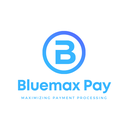-
Opening Keynote - Unveiling Odoo 17
Fabien PinckaersHoàn tất
-
Keynote - Vision & Strategy
Fabien PinckaersHoàn tất
-
Javascript Performance Crash Course
Samuel DegueldreHoàn tất
-
How to Create an Odoo Accounting Localisation
Josse Colpaert (jco)Hoàn tất
-
Unlock the Full Potential of Website Building: Create Custom Building Blocks and Dynamic Content
Arthur Detroux (ard)Hoàn tất
-
Performance Python
Nicolas SeinletHoàn tất
-
Odoo Editor: A Technical Tour / How to Extend
Nicolas Bayet (nby)Hoàn tất
-
What changed in the ORM for Odoo 17
Raphael ColletHoàn tất
-
.odoorc - All the Options of the Odoo CLI Demystified
Damien Bouvy (dbo)Hoàn tất
-
Performance Postgresql
Victor Piryns (pivi)Hoàn tất

Yannick joined the Odoo team in 2014 as a Product Owner. During this time, he worked on the business flows of all the applications and on usability tasks in order to clean views, reduce flow complexity, and improve the onboarding and software learning experiences. He worked on the code, the specifications, and the functional reviews.
After a while, he decided to be a full-time developer in the /dev/null team and worked on bigger projects like the codebase migration to a new API, new integration modules (like TaxCloud), usability improvements (menu items search bar on the app switcher), module refactorings (expense, sign, marketing automation, base automation, ...) or even the salary package configurator.
He is now leading the RD Vidange team in which 25 developers manage the continuous improvement and the new features on three different functional scopes:
- HR applications (recruitment, payroll, time off, expenses, fleet management, appraisals, referrals, attendances, ...)
- Misc applications (subscriptions, calendar (+ Google/Microsoft integrations), electronic signatures, data cleaning, ...)
- Services applications (helpdesk, planning, forecasting, projects management, timesheets, field service management (FSM), ...)
Join us for an in-depth exploration of one of the most crucial aspects of ERP software customization: payroll localization, using the United States of America as our focal point. In this one-hour talk, we will delve into the intricacies of adapting Odoo software to meet the unique payroll requirements of the United States.
Key Topics Covered:
1. Understanding Payroll Localization
- Definition and significance of payroll localization in the Odoo system.
- Introduction to Odoo as a powerful and customizable ERP platform.
- Why Odoo is the ideal choice for payroll localization.
2. Navigating U.S. Payroll Regulations
- Comprehensive overview of U.S. federal and state payroll laws.
- Detailed examination of tax codes, deductions, and exemptions.
3. Designing a Payroll Localization Strategy
- Planning and preparation: the essential steps before implementation.
- Mapping out your Odoo customization roadmap.
4. Technical Implementation
- Using Odoo's modular framework for payroll customization.
- Integrating U.S.-specific payroll components, such as tax tables and reporting.
5. Testing and Quality Assurance
- Strategies for thorough testing of your payroll localization solution.
- Best practices for debugging and troubleshooting.
6. Continuous Improvement
- Strategies for maintaining and updating your Odoo payroll localization.
- Staying ahead of changing regulations.
7. Q&A Session
- An opportunity to ask questions and seek clarification on any aspect of payroll localization in Odoo.
By the end of this talk, you will have gained valuable insights into the intricate process of customizing Odoo for payroll localization, specifically in the context of the United States. Whether you're an Odoo developer, a business owner, or an ERP enthusiast, this session will equip you with the knowledge and tools needed to navigate the complexities of payroll localization and ensure compliance with U.S. payroll regulations.
Join us for an hour of expertise-sharing, practical guidance, and real-world insights into mastering payroll localization in Odoo for the United States of America.



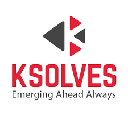
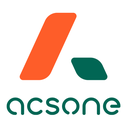

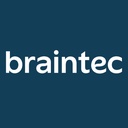


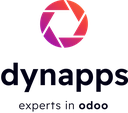




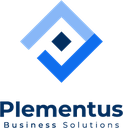




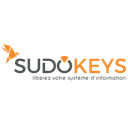
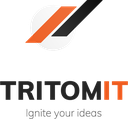



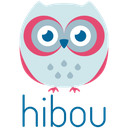










![GLOBAL CREATIVE CONCEPTS TECH CO LTD [ iWesabe ]](https://odoocdn.com/web/image/event.sponsor/2232/image_128/GLOBAL CREATIVE CONCEPTS TECH CO LTD %5B iWesabe %5D?unique=cf3e01f)


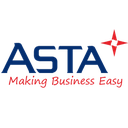



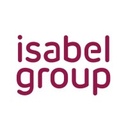






?unique=c0d1cff)


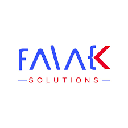


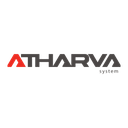





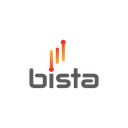




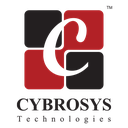




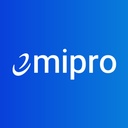
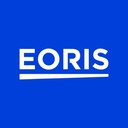
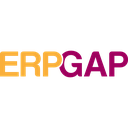









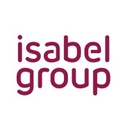


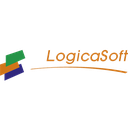

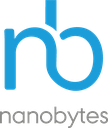


?unique=cda5e59)



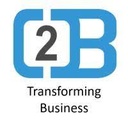


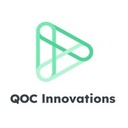

?unique=1da6f7d)




?unique=1059ac2)




